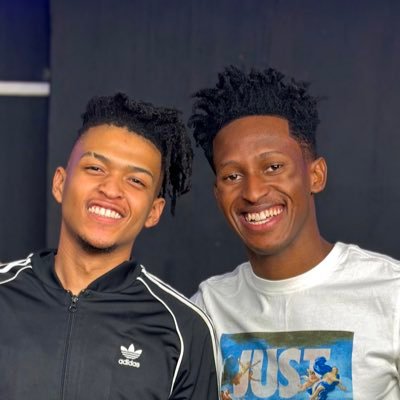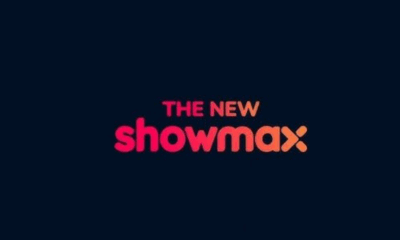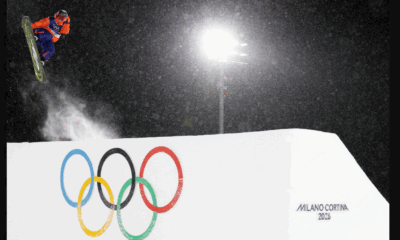News
Racism Isn’t ‘Open Chat’: SA Unites Against Podcast Controversy

South Africans have had enough. When a recent episode of the Open Chats Podcast surfaced online containing blatantly racist remarks about the Coloured community, the reaction was fierce and widespread. From political leaders to civil society organisations, the country responded with one clear message: this is not okay.
MultiChoice washes its hands
As the public backlash grew, questions were raised about the podcast’s association with DStv. A MultiChoice spokesperson confirmed to IOL that the Open Chats contract ended on 25 July 2025 and the episode containing the controversial remarks never aired on its platform.
“MultiChoice adheres to stringent quality control processes and does not promote any discriminatory content,” the spokesperson said.
What exactly was said?
In the now-deleted clip, one host claimed, “Coloureds apparently chow each other,” implying incest. The co-host doubled down, saying, “I do believe that because Coloureds are crazy.”
While the team behind the podcast has since taken down the clip, the comments spread like wildfire on social media, igniting outrage across the country. The Patriotic Alliance has opened a case against the show.
A weak apology sparks deeper anger
In a public apology posted to social media, the Open Chats Podcast expressed regret and said it never intended to harm or disrespect the Coloured community. They positioned themselves as a platform for “open conversations” that sometimes venture into sensitive territory.
But the apology has done little to soothe the damage.
Cape Forum called the statement “inadequate,” with executive chairperson Heindrich Wyngaard noting that it felt more like a justification than genuine remorse.
“There is no direct admission of wrongdoing, nor any meaningful commitment to reparative action,” he said.
Political voices weigh in
Deputy Minister in the Presidency for Youth and Persons with Disabilities, Mmapaseka Steve Letsike, urged all media platforms to practice responsible communication.
“We value freedom of expression, but it must be balanced with accountability,” she said.
The Northern Cape National Coloured Congress (NCC) issued one of the strongest responses, labelling the comments “deep-seated racism camouflaged as commentary.” Dean Goliath of the NCC said this was more than offensive; it was a reflection of the ongoing exclusion and marginalisation Coloured communities face, even under democratic rule.
The Democratic Alliance’s Dr Ivan Meyer confirmed that the party had reported the incident to the South African Human Rights Commission (SAHRC), stating, “Hate speech and harmful racial stereotyping cannot be tolerated.”
The ANC also weighed in, saying the remarks betrayed the country’s constitutional values of dignity, unity, and non-racialism.
“To generalise and mock an entire community in this way is deeply hurtful and a betrayal of the progress South Africans have made,” the party said in a statement.
The bigger picture
This isn’t just about a podcast episode. It’s about the line between provocative commentary and hate speech, and how that line is crossed far too often without consequences. It’s about the media’s role in either healing or harming already marginalised communities.
And most importantly, it’s about how South Africans are choosing not to stay silent anymore.
Also read: Humour or Harm? Podcast Sparks National Outrage with Comments About Coloured Community
Follow Joburg ETC on Facebook, Twitter, TikTok and Instagram
For more News in Johannesburg, visit joburgetc.com
Source: IOL
Featured Image:X (formerly known Twitter)/@OpenChats_

























